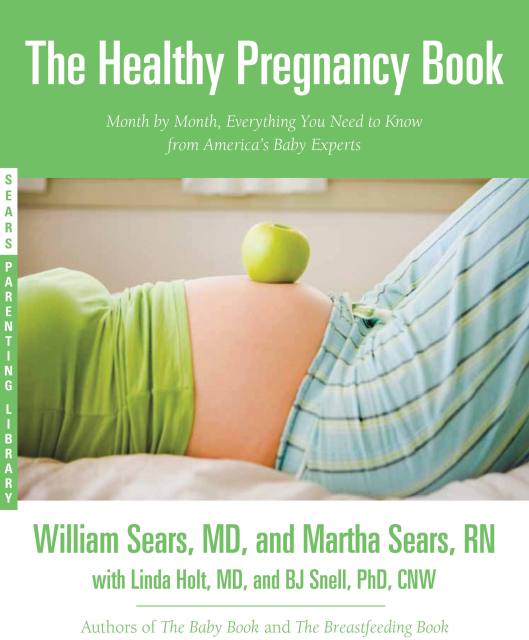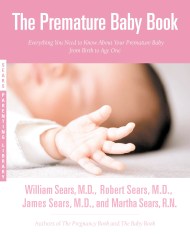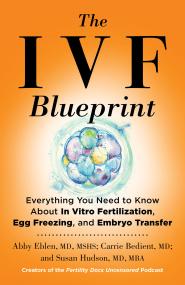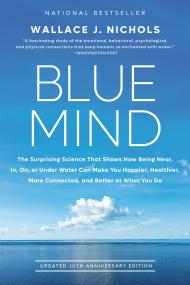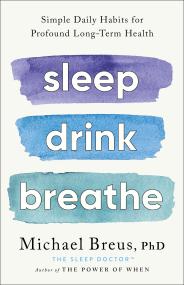By clicking “Accept,” you agree to the use of cookies and similar technologies on your device as set forth in our Cookie Policy and our Privacy Policy. Please note that certain cookies are essential for this website to function properly and do not require user consent to be deployed.
The Healthy Pregnancy Book
Month by Month, Everything You Need to Know from America's Baby Experts
Contributors
With Linda Hughey Holt, MD
Formats and Prices
- On Sale
- Sep 24, 2013
- Page Count
- 464 pages
- Publisher
- Little Brown Spark
- ISBN-13
- 9780316187435
Price
$18.99Price
$23.99 CADFormat
Format:
- Trade Paperback $18.99 $23.99 CAD
- ebook $11.99 $15.99 CAD
This item is a preorder. Your payment method will be charged immediately, and the product is expected to ship on or around September 24, 2013. This date is subject to change due to shipping delays beyond our control.
Buy from Other Retailers:
From America’s leading authorities in childcare comes the definitive guide to having a healthy pregnancy — and a healthy baby.
The Healthy Pregnancy Cookbook guides expectant mothers and fathers through all stages of pregnancy from preconception through birth, focusing on how to enhance the health of mother and baby:
How to grow a smarter and healthier baby How your baby is developing, and how you may be changing both emotionally and physically Eating right for two, with a helpful list of pregnancy superfoods Exercise and keeping fit during your pregnancy Concerns and questions you may have about test and technology, genetic counseling, and childbirth options How to protect the womb environment and recognize potential household hazards Advice on working while pregnant Choosing the right healthcare provider and childbirth class The transition into parenthood
And much more…
Written in the Searses’ trademark reassuring tone that makes their books long-term bestsellers, The Healthy Pregnancy Book is the must-have resource to fit the greater demands of today’s savvy parents.
The Healthy Pregnancy Cookbook guides expectant mothers and fathers through all stages of pregnancy from preconception through birth, focusing on how to enhance the health of mother and baby:
How to grow a smarter and healthier baby How your baby is developing, and how you may be changing both emotionally and physically Eating right for two, with a helpful list of pregnancy superfoods Exercise and keeping fit during your pregnancy Concerns and questions you may have about test and technology, genetic counseling, and childbirth options How to protect the womb environment and recognize potential household hazards Advice on working while pregnant Choosing the right healthcare provider and childbirth class The transition into parenthood
And much more…
Written in the Searses’ trademark reassuring tone that makes their books long-term bestsellers, The Healthy Pregnancy Book is the must-have resource to fit the greater demands of today’s savvy parents.
Newsletter Signup
By clicking ‘Sign Up,’ I acknowledge that I have read and agree to Hachette Book Group’s Privacy Policy and Terms of Use
